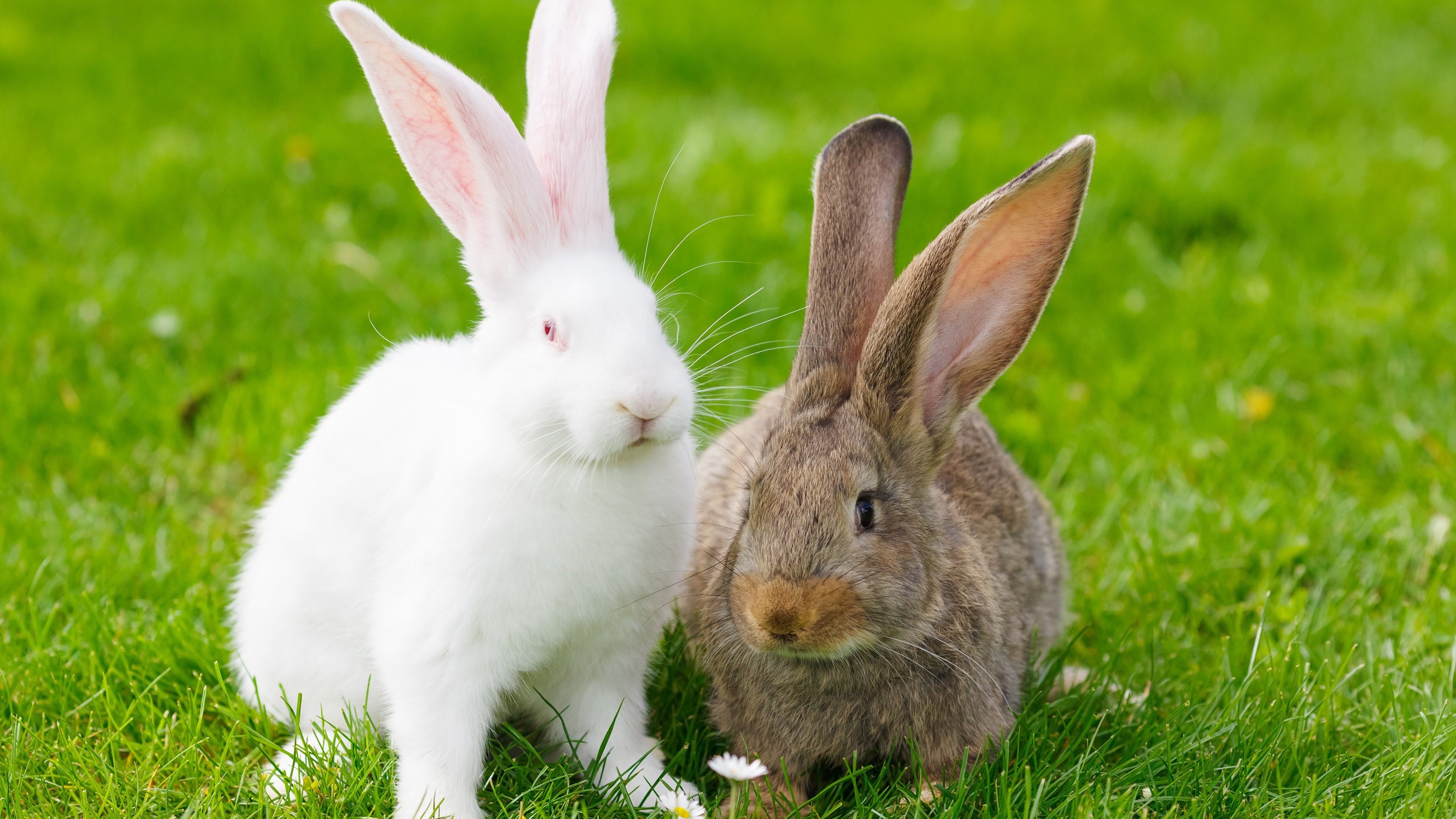
Coccidiosis in rabbits
Coccidiosis is caused by a single-celled parasite, or protozoa, called Eimeria. While some rabbits can carry the parasite and show no signs, others can develop deadly disease.
It is important to note that some rabbits can show no signs of an infection at all, and conversely some acutely infected animals can die rapidly.
If you are worried that your rabbit may have coccidiosis, contact your vet immediately.
More about coccidiosis and your rabbit
Coccidiosis is caused by a protozoa – a single-celled organism – of the species Eimeria. While there are 25 different Eimeria types that have been found in rabbits, identification of these individual types is very difficult, and treatment is the same for all.
Coccidiosis is spread through contamination with faeces – the coccidiosis parasites reproduce in the intestines and create infective cysts, which are passed out ready to infect the next animal. Ingested parasites may then remain in the intestine, but in some rabbits can also spread into the liver. Young rabbits are especially susceptible to developing signs of an infection, and in some well-developed cases it can be very difficult to completely cure coccidiosis in a rabbit.
The signs of coccidiosis vary depending on the rabbit and the severity of the infection. Signs include:
- Diarrhoea
- Reduced appetite
- Depression/lethargy
- Pale gums
- Painful tummy;
- Blood or mucous in their faeces
If your rabbit is experiencing any of these signs then make an appointment with your local Vets4Pets as soon as possible.
- Keeping clean. Rabbits can be at risk of coccidiosis even in a clean environment, but keeping everywhere fresh and dry is the best step to protecting your rabbit against coccidiosis.
- Monitoring. If you see any changes in your rabbit's faece, appetite or behaviour, always get them checked over by a vet who will be able to help diagnose and support them.
- Bedding. Get bedding from a reputable supplier as coccidiosis can be transmitted in contaminated bedding.
- New friends. If you want to introduce a new rabbit to your group, consider a quarantine period before the new friends are allowed to mingle.
- Hay. Feed hay from racks rather than from the floor to reduce the risk of eating contaminated hay.
If you think your rabbit might have coccidiosis, the best thing to do is to go to your vet. They can do a full physical examination, and check your rabbit over from nose to bottom! If there is a risk your rabbit may have coccidiosis, your vet may recommend faecal tests to try and identify the parasites, although this can be tricky.
Treatment is usually well tolerated, especially in adult rabbits, although acutely infected or young bunnies can struggle to recover from severe infection.
Rabbit Advice
Read more of our expert rabbit advice to keep your rabbit happy and healthy.
